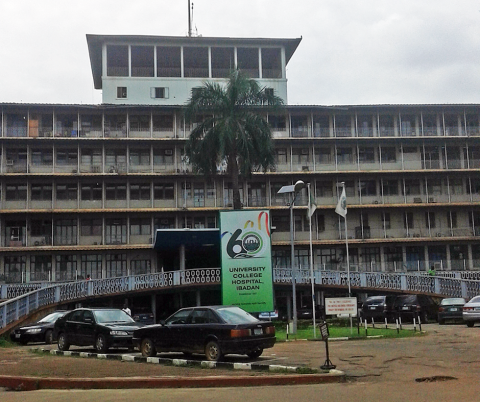Building Sustainable Neurosurgical Systems in Developing Countries (2024-2025)
Background
Neurosurgical systems in low- and middle-income countries are often plagued by an insufficient workforce, training, technology and data. This translates to low clinical coverage, research output and training opportunities. Strained neurosurgical systems reflect suboptimal health systems lacking in all aspects of the World Health Organization health system building blocks. Ethical issues in allocating resources, distributing the neurosurgical workforce and optimizing care compound these challenges.
In Uganda, Nigeria and the Democratic Republic of the Congo (DRC), broader health system deficiencies are reflected in subspecialties such as neurosurgery. For example, the DRC has only one neurosurgeon per 5.9 million people. Such deficiencies in workforce, training and infrastructure are seen in the other health system components, with significant inequities in the distribution, availability and affordability of neurosurgical services. There is a need to optimize available resources to reduce inequities and address the vast unmet need for neurosurgical care.
Project Description
Building on the work of previous teams, this project aims to develop evidence-based, culturally appropriate interventions to address deficiencies in neurosurgical systems. Groups comprising Duke and international students from Uganda, Nigeria and DRC will perform work specific to each of those countries, including systematic literature reviews and research on the various neurosurgical system components.
Team members will work together to analyze data collected throughout the previous two years of the project. They will also review the draft neurosurgical strategic development plans created by previous project teams in collaboration with in-country stakeholders.
Team members will then create and pilot a global framework for sustainable neurosurgical system development. They will refine a research and intervention protocol and develop study tools such as interview guides and surveys. Some team members will then travel to Uganda and Nigeria to implement the study.
Anticipated Outputs
Policy briefs on Uganda, Nigeria and DRC neurosurgical systems; quantitative and qualitative data focused neurosurgical system interventions; conference presentations; manuscripts for peer-reviewed journal publication; strategic development plan for building sustainable neurosurgical systems
Student Opportunities
Ideally, this project team will include 3-6 graduate students and 6-9 undergraduate students from fields such as medicine, nursing, global and population health, public policy, biomedical engineering, ethics and data science. Strong candidates will possess skills in cultural sensitivity, research study development, qualitative and quantitative data analysis, manuscript writing and/or project management. An interest in transcultural, interdisciplinary experiential learning is also desired.
Team members will gain in-depth understanding of healthcare systems in low- and middle-income countries and learn about the challenges that perpetuate inequities in neurosurgical care. They will learn about the process of research, have the opportunity to work with students, scholars and healthcare professionals from multiple nations, and receive mentorship from a multidisciplinary faculty team. Graduate students will gain leadership experience by managing student teams, leading project implementation and data collection at study sites, and participating in conferences.
Some students will travel to Uganda and Nigeria in late Spring and Summer 2025.
Timing
Fall 2024 – Summer 2025
- Fall 2024: Start team meetings, discussions and presentations; continue project development and iterative refinement
- Spring 2025: Submit Duke and international Institutional Review Board (IRB) application; pilot data collection, analysis and tool refinement; travel to project sites in Uganda and Nigeria
- Summer 2025 (optional): Continue data collation and analysis; prepare project deliverables: abstracts, presentations and manuscripts; evaluate project
Crediting
Academic credit available for fall and spring semesters; summer funding available
See earlier related team, Building Sustainable Neurosurgical Systems in Developing Countries (2023-2024).
Image: University College Hospital Ibadan, by Hizick27 via Wikimedia Commons, licensed under CC BY-SA 4.0

Team Leaders
- Benjamin Mukumbya, Neurosurgery
- Alvan-Emeka Ukachukwu, School of Medicine-Neurosurgery
/yfaculty/staff Team Members
-
Michael Haglund, Duke Global Health Institute|School of Medicine-Neurosurgery
/zcommunity Team Members
-
Oluwakemi Badejo, University of Ibadan College of Medicine
-
Mbarara Regional Referral Hospital (MRRH)
-
University College Hospital, Ibadan, Nigeria
-
Mulago National Referral Hospital
-
Joel Kiryabwire, Mulago Hospital
-
David Kitya, Mbarara University of Science and Technology
-
Michael Muhumuza, Department of Neurosurgery, Mulago Hospital (Uganda)
-
Temitayo Shokunbi, University of Ibadan, Nigeria
